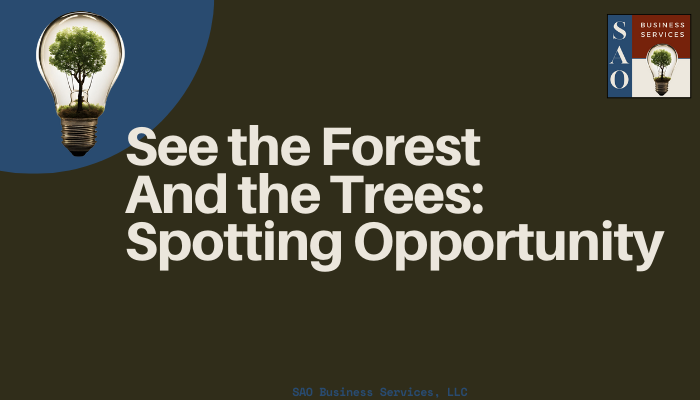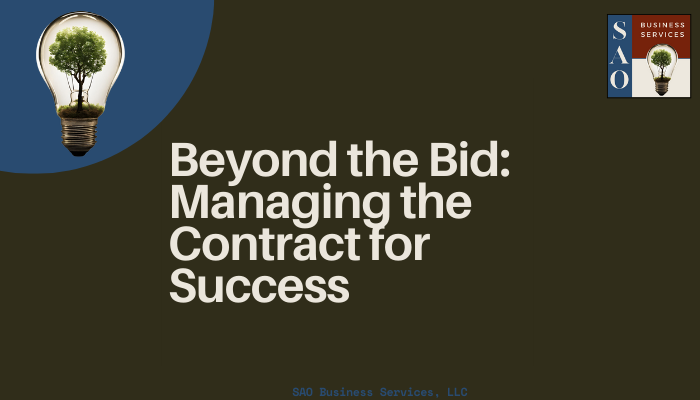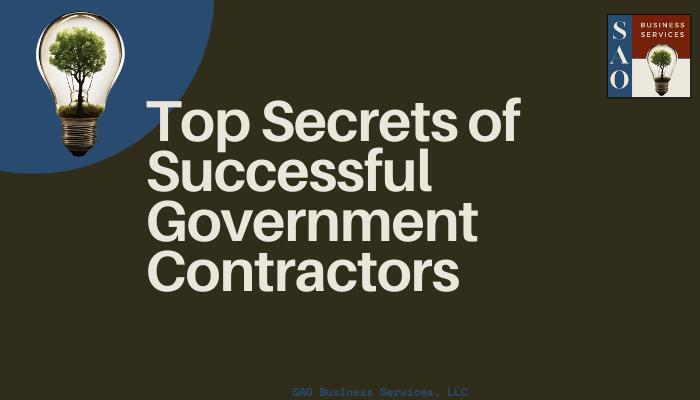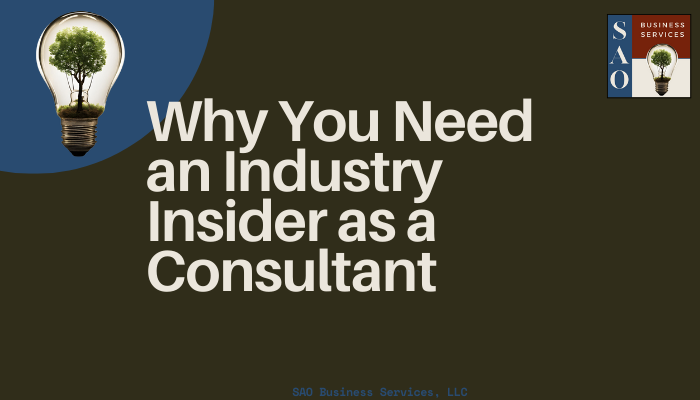Running a business is like navigating a dense forest. Opportunities lurk amongst the foliage, while hidden threats might trip you up at every turn. But how do you spot them all, especially when you’re busy navigating the day-to-day? That’s where consultants come in, acting as your trusty guides with a bird’s-eye view.
Why use a consultant to identify business opportunities and threats?
- Fresh perspective: They’re not bogged down by internal biases or routines, allowing them to see things you might miss.
- Expertise and experience: They bring specialized knowledge in your industry or specific areas like market research, technology, or competitor analysis.
- Objectivity: They can provide unbiased assessments, separating hype from reality and focusing on true potential.
- Structured approach: They use proven methodologies and tools to systematically scan the landscape, ensuring no stone is left unturned.
How can a consultant help you identify opportunities?
- Market research and analysis: They can pinpoint emerging trends, customer needs, and untapped markets.
- Competitor analysis: They can uncover weaknesses in your rivals’ strategies, opening doors for you to exploit.
- Innovation brainstorming: They can facilitate creative sessions to help you generate new ideas and products.
- Technology insights: They can identify innovative technologies that can streamline your operations or open up new possibilities.
How can a consultant help you identify threats?
- Risk assessment: They can identify potential regulatory changes, economic downturns, or competitor moves that could impact your business.
- Vulnerability analysis: They can assess your weaknesses in areas like cybersecurity or data protection.
- Scenario planning: They can help you prepare for different possible future outcomes, mitigating potential damage.
Finding the right consultant:
- Define your needs: What specific opportunities or threats are you looking to identify?
- Look for expertise: Find someone with experience in your industry and relevant areas.
- Check their track record: Ask for references and case studies to assess their success.
- Consider communication style: Ensure you can collaborate effectively and understand their approach.
Remember, a consultant is an investment, not an expense. Their insights can guide you towards lucrative opportunities and help you avoid costly pitfalls. By leveraging their expertise, you can gain a deeper understanding of your business landscape and chart a course for sustainable success.
Have you ever used a consultant to identify business opportunities or threats? Share your experience in the comments below!




